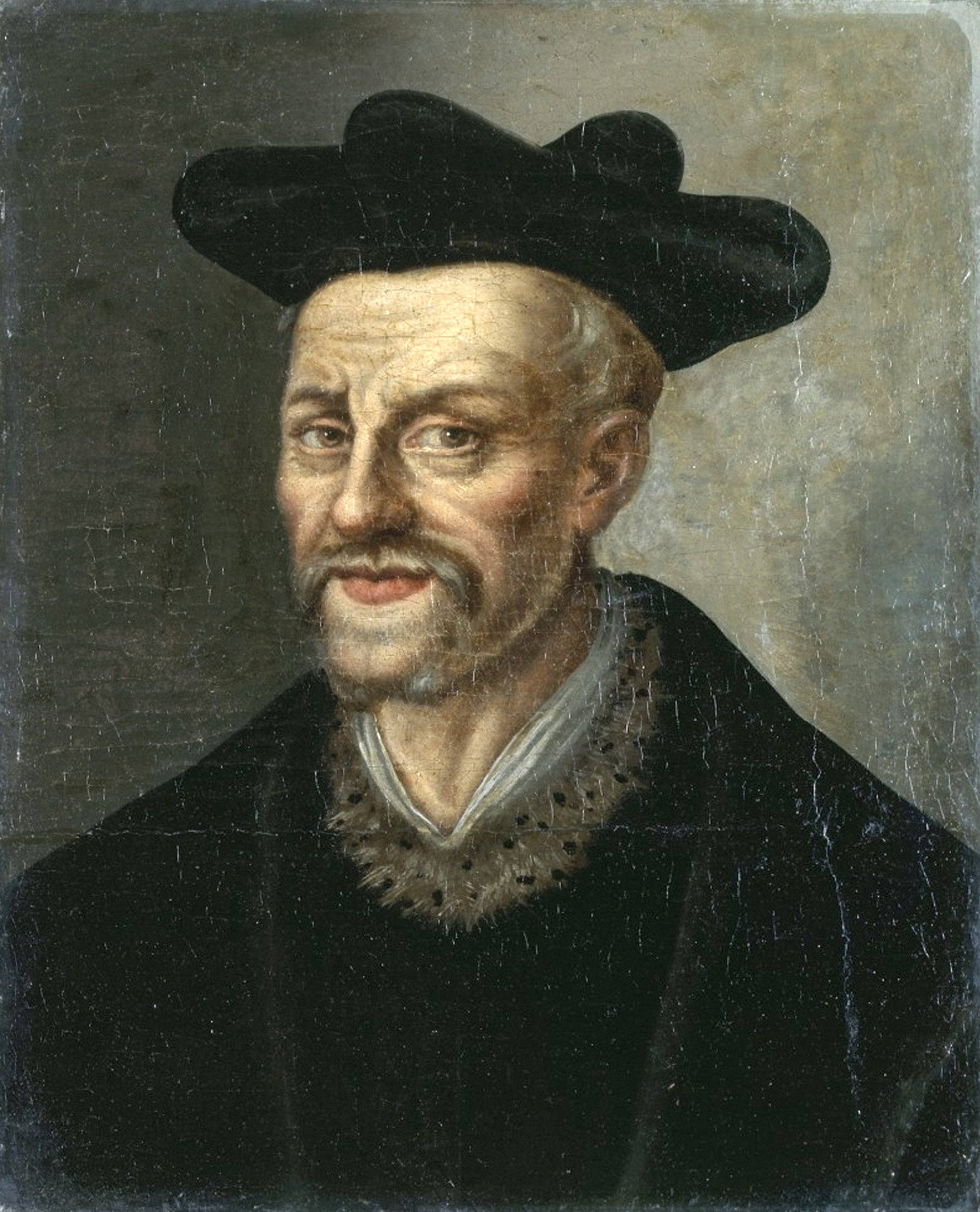Francois Rabelais: A Renaissance Maverick
 |
| By anonymous - http://www.banqueimages.crcv.fr/fullscreenimage.aspx?rank=1&numero=MV4046, Public Domain, https://commons.wikimedia.org/w/index.php?curid=530686 |
Introduction:
Francois Rabelais, a key figure in the French Renaissance, emerged as a multifaceted intellectual, physician, monk, and satirist. Born around 1494 in La Devinière, a small village in Touraine, France, Rabelais would go on to become one of the most influential literary figures of his time. His life was marked by a relentless pursuit of knowledge, a keen sense of humor, and a profound critique of the societal norms of his era.
Early Life and Education:
Little is known about Rabelais's early life, but it is believed that he received his initial education in the Benedictine Monastery of Seuilly. There, he became acquainted with classical texts, humanist ideas, and the burgeoning intellectual atmosphere of the Renaissance. This exposure laid the foundation for his later intellectual pursuits and literary endeavors.
Monastic Life and Early Career:
Rabelais entered the Franciscan order at an early age, but his monastic life was far from conventional. Despite the strict rules of the order, he found a way to engage with a wide range of ideas and literature, including works that challenged traditional religious views. His time in the monastery provided him with a unique perspective on both the sacred and the profane, which would later manifest in his literary works.
Medical Studies and Humanist Connections:
Rabelais's intellectual curiosity led him to study medicine at the University of Montpellier, where he gained knowledge in the sciences and medicine. During this time, he also became associated with humanist circles, engaging with scholars who were at the forefront of Renaissance thought. This exposure to humanism greatly influenced his approach to literature, blending classical learning with a sharp critique of contemporary society.
Gargantua and Pantagruel:
Rabelais's magnum opus, "Gargantua and Pantagruel," is a five-book series that showcases his unparalleled wit and satirical prowess. Published between 1532 and 1564, the series follows the adventures of the giant Gargantua and his son Pantagruel, offering a humorous and often scathing commentary on the social, religious, and political institutions of the time. The work is renowned for its linguistic inventiveness, erudition, and bold exploration of human nature.
Legacy and Impact:
Francois Rabelais's legacy extends beyond his literary contributions. His bold critique of authority, celebration of humanism, and advocacy for intellectual freedom laid the groundwork for future generations of writers and thinkers. Despite facing criticism and censorship during his lifetime, Rabelais's influence endured, inspiring subsequent movements such as the Enlightenment and contributing to the development of modern literature.
Conclusion:
Francois Rabelais's life was a testament to the transformative power of intellectual curiosity and the pursuit of knowledge. As a Renaissance maverick, he navigated the complexities of his time, leaving behind a rich literary legacy that continues to captivate readers and scholars alike. His unapologetic approach to satire and his fearless exploration of societal norms make him a timeless figure whose impact reverberates through the corridors of literary history.


